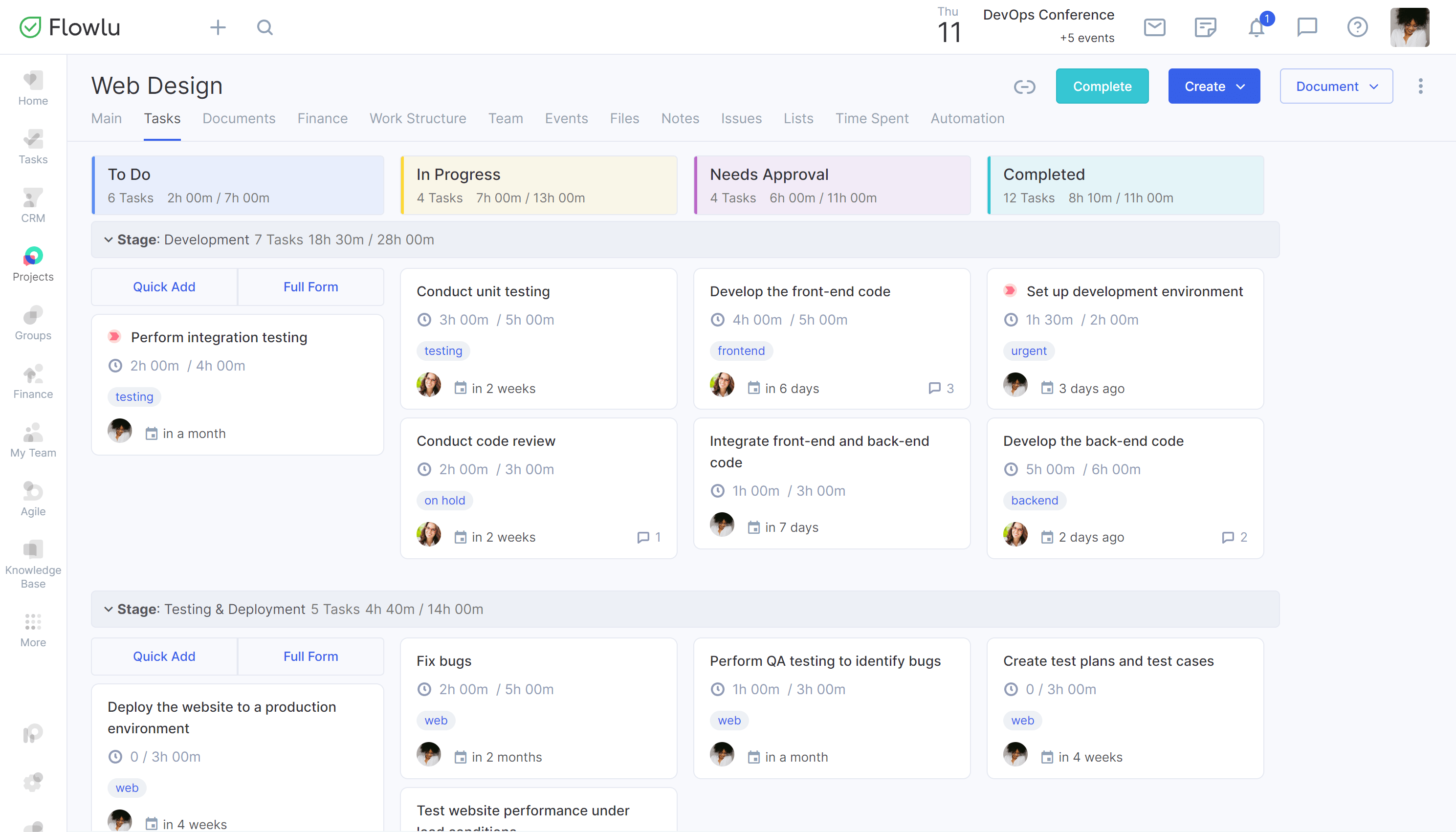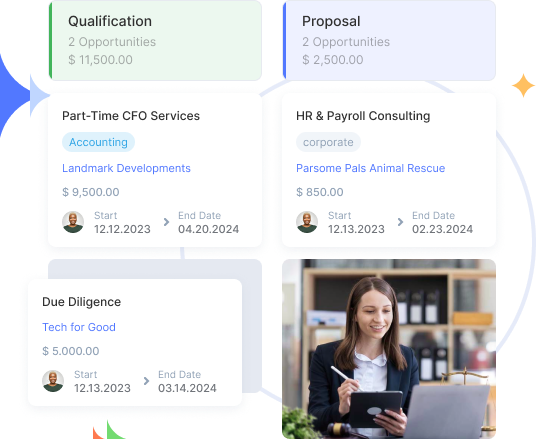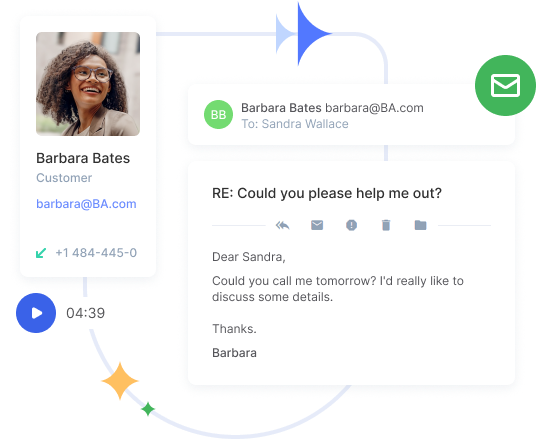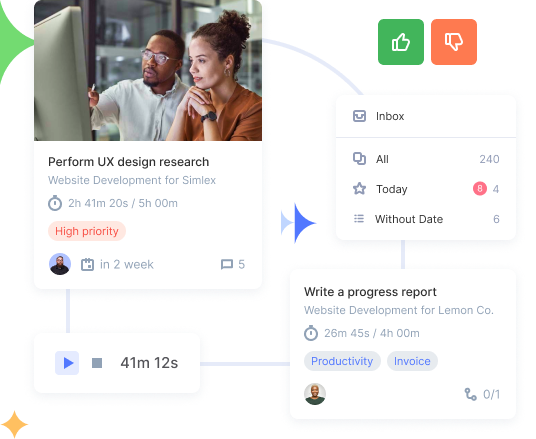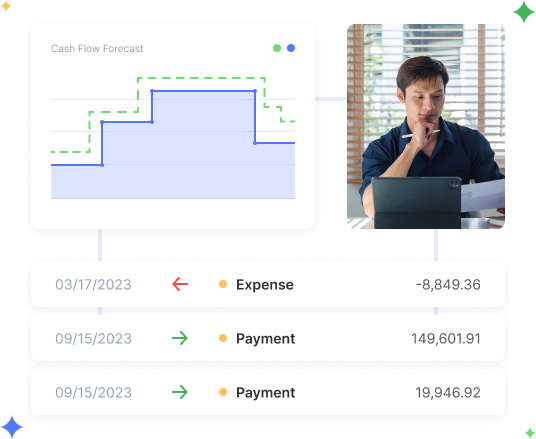Best CRM for Small Business: Grow Smarter, Not Harder

Features for Small Businesses
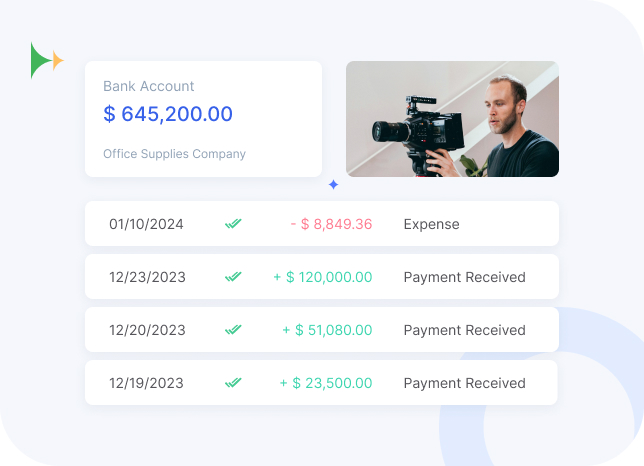

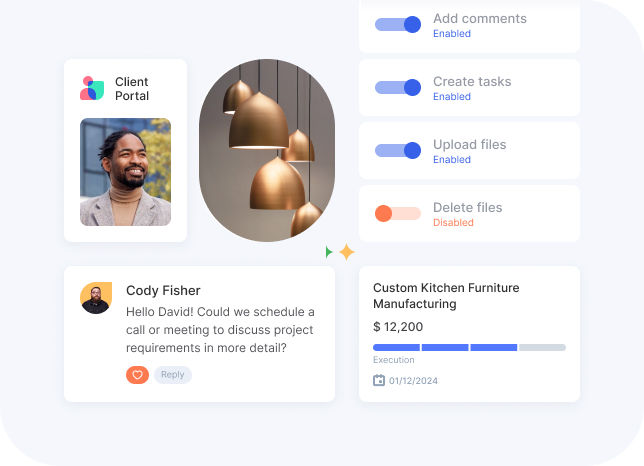
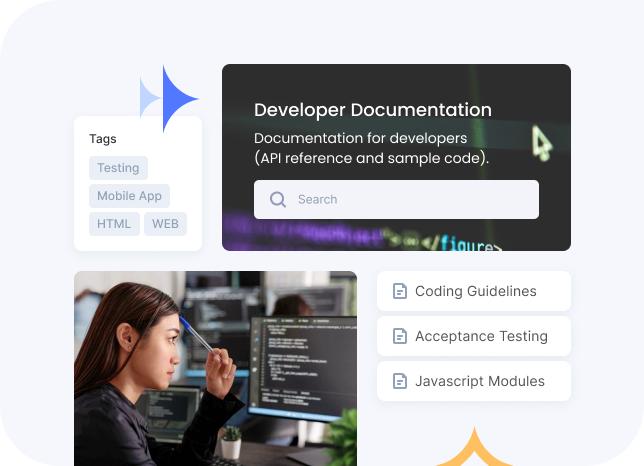
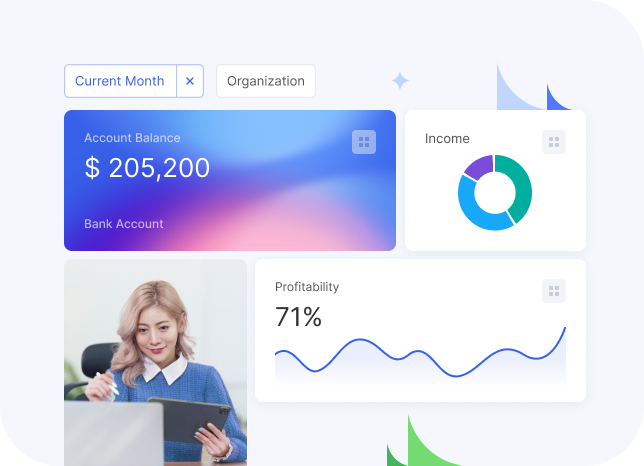
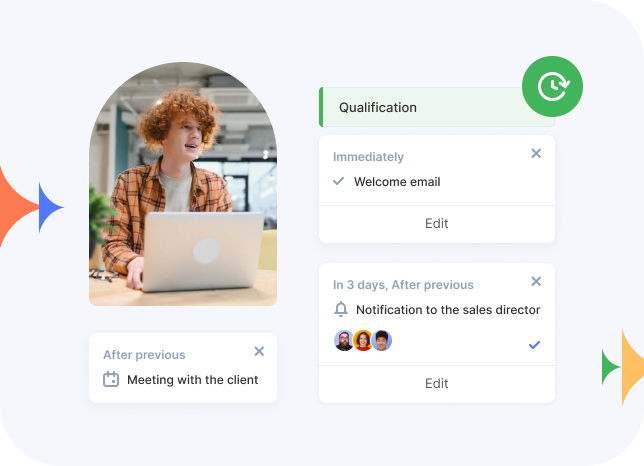
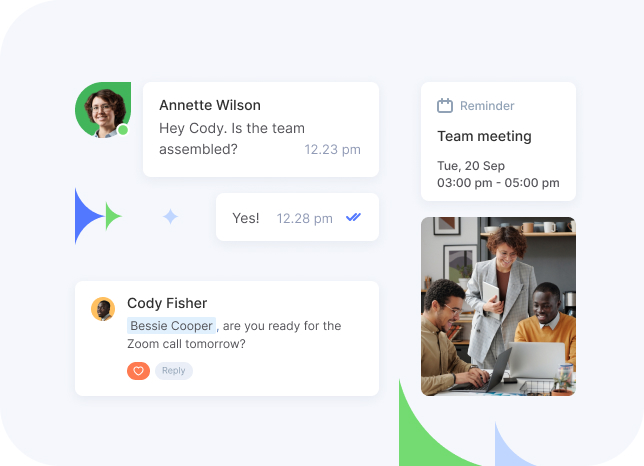

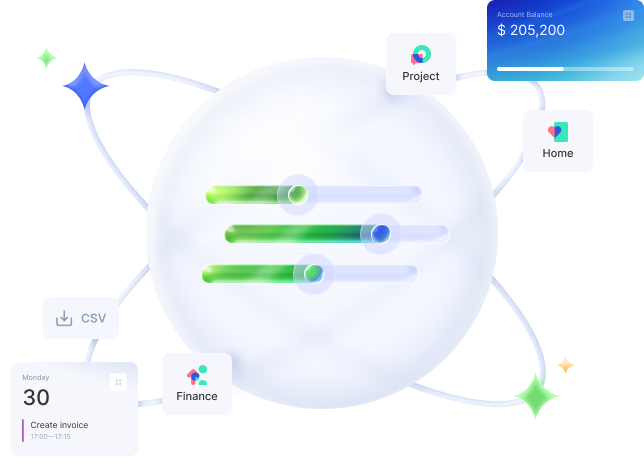
How to Find the Best CRM for Your Small Business
-
Consider Your BudgetSmall businesses often operate on tight budgets. It's essential to choose a CRM solution that aligns with your financial constraints. Many CRM providers allow businesses to start with basic features and upgrade as they grow.
-
Trial and TestingMost CRM providers offer free trials. Flowlu presents you with a free 14-day trial to dive deep into every feature the platform has to offer, from managing tasks to tracking sales opportunities. Involve key team members in the testing phase to gather diverse feedback.
-
User Reviews and RecommendationsResearching user reviews at Capterra or G2 and seeking recommendations from businesses similar to yours can provide valuable insights. Real-world experiences from other business owners can help you gauge the benefits and challenges of a particular CRM.
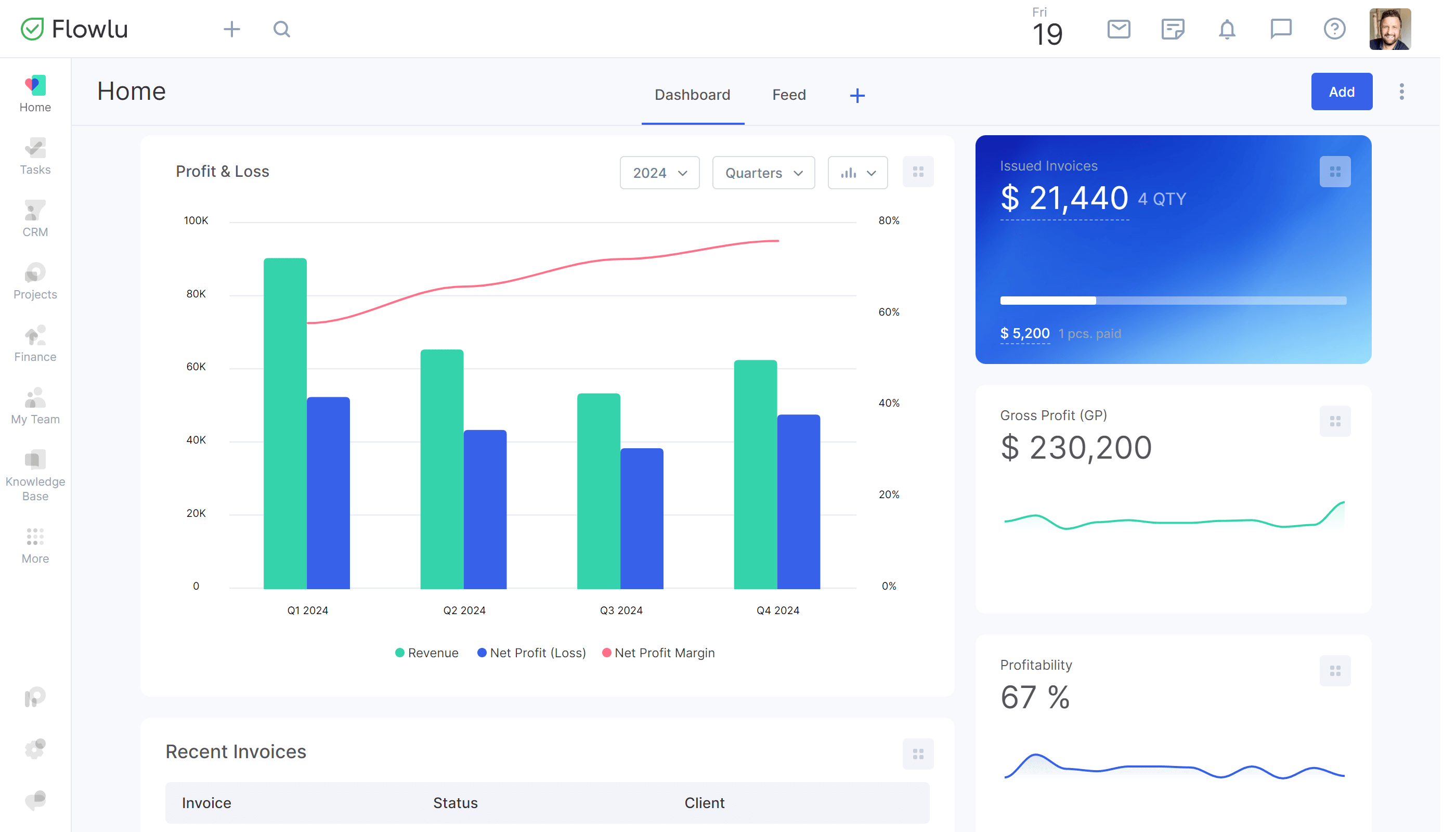


Select Your Subscription
For freelancers and small teams: a simple workspace for trying Flowlu without commitment.
no hidden fees
- Key Features
-
CRM
100 contacts, 1 pipeline, lead capture forms
Tasks & Projects1 workflow, Kanban & list views, milestones
FinanceInvoices & estimates, product catalog, branding, payment & expense tracking
CollaborationPrivate chat, personal calendar, comments & mentions, basic wiki, mind maps, company feed
Time TrackingCustomizationHRIntegrations & APIAutomationSupportHelp center + AI bot
- Show all features
For growing teams: move beyond basic task tracking to manage client work confidently.
billed yearly per user / month
billed monthly
- Everything in Free +
-
CRM
Multiple sales pipelines, email sync, email templates, CRM reports
Tasks & ProjectsGantt chart, backlog & sprints, subtasks, task dependencies, project workflows, basic financial tracking
FinanceOnline payments, invoice templates, late reminders, finance reports (P&L, cash flow)
CollaborationTask followers and collaborators, group chat, shared calendars, growing team knowledge base
Time TrackingTimer for tasks
CustomizationCustom fields & lists, task statuses, templates, basic record customization
HRBasic team organization (groups)
Integrations & APICore integrations
AutomationSupportLive chat
- Show all features
For mid-sized companies: handle complex projects and finances with more control.
billed yearly per user / month
billed monthly
- Everything in Essential +
-
CRM
Sales automations, email tracking, client portal, duplicate merge, advanced CRM reports
Tasks & ProjectsMultiple tasks workflows, recurring tasks, portfolio management, project cash flow forecast
FinanceRecurring invoices, multi-org & multi-currency support, inventory tracking
CollaborationRole-based access, external wiki for clients, advanced knowledge base
Time TrackingBillable hours, planned vs. logged time, custom billing rates
CustomizationFormula fields, branding, advanced record customization
HROrg chart, time off management, schedules
Integrations & APIFull integration hub with higher API capacity
AutomationWorkflow & pipeline automations, 3 business processes
SupportPriority support
- Show all features
For scaling organizations: unify projects, people, and finances in a customizable system.
billed yearly per user / month
billed monthly
- Everything in Advanced +
-
CRM
5 inboxes per employee, extended email history, advanced tracking
Tasks & Projects20 task & project workflows, 50 agile projects, enterprise project & portfolio analytics
FinanceBudget planning, advanced dashboards, enterprise finance tools, multiple organizations
CollaborationEnterprise knowledge base, 100 external collaborators, full collaboration suite
Time TrackingFull time tracking suite across projects & teams
CustomizationFull white-labeling, custom domain & email, enterprise security options
HREnterprise HR suite for large teams
Integrations & APIEnterprise integrations with maximum API capacity
AutomationFull automation suite, 10 business processes
SupportDedicated success manager + onboarding
- Show all features












Common Challenges with CRM Adoption
Implementing CRM Successfully
From nurturing leads to retaining loyal customers, Customer Relationship Management (CRM) is the Swiss Army knife for small businesses seeking to navigate the complexities of the modern marketplace.
At its core, CRM is a technology-driven strategy that enables businesses to manage and analyze customer interactions throughout the entire lifecycle.
It goes beyond the realms of mere software; it's a comprehensive approach aimed at understanding, engaging, and retaining customers.
By centralizing customer data, businesses gain actionable insights for personalized interactions.
A robust CRM system comprises various components, including contact management, lead tracking, sales management, and customer support. Each element plays a pivotal role in fostering a customer-centric approach, ensuring that no interaction goes unnoticed or unanalyzed.
Small businesses have choices when it comes to CRM solutions. Cloud-based CRM, which offers flexibility and accessibility, is often a preferred option. On-premise CRM provides more control but may require a higher initial investment. Industry-specific CRM tailored to the unique needs of certain businesses can also be a game-changer.
The time required for successful Customer Relationship Management system implementation varies based on the complexity of the business processes and the chosen CRM solution. The typical timeframe is 8 to 16 weeks.
Small businesses should ensure data encryption, secure user authentication, regular system updates, and employee training on security best practices.
Yes, most CRM solutions offer integration capabilities to seamlessly connect with existing tools, software, and business applications.
Yes, CRM software can be customized to suit the specific needs of various small businesses, regardless of their industry, e.g. Marketing & Advertising, Hospitality, Business Consulting.
One of the critical aspects for small business owners is understanding the average costs involved. This includes monthly subscription models, one-time licensing fees, and additional costs for customization and ongoing support. A transparent understanding of these costs aids in making informed decisions.
- Lack of Customer Insights: Without CRM, businesses miss out on valuable insights into customer behavior, making it challenging to tailor products and services.
- Inefficient Data Management: Manually managing data is time-consuming and prone to errors, hindering the agility required for small businesses to adapt.
- Missed Opportunities for Sales and Growth: CRM opens doors to new opportunities by identifying potential leads and helping businesses capitalize on them for sustainable growth.
Yes, some CRM providers offer free basic versions of their software, making it affordable for small businesses with limited budgets. For instance, Flowlu offers a forever free plan with essential features to jumpstart your business.







